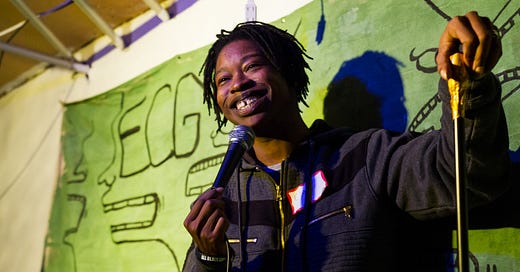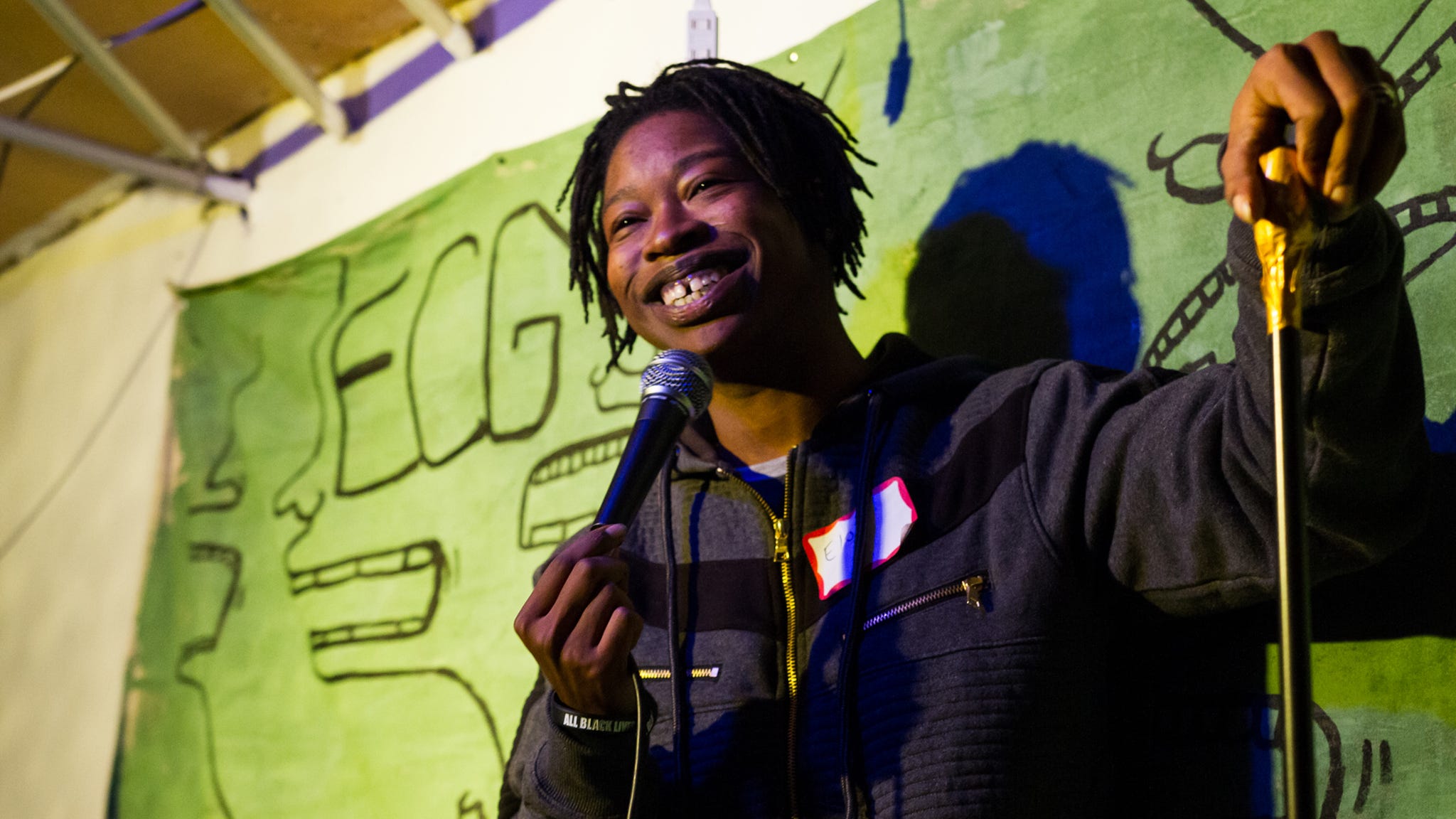Stand-Up Comedy Saved My Life. Literally.
I had a gun in my hand when I decided to finally give that open-mic night a shot. Seven years later, I’m a professional comedian.
Keep reading with a 7-day free trial
Subscribe to Narratively to keep reading this post and get 7 days of free access to the full post archives.




